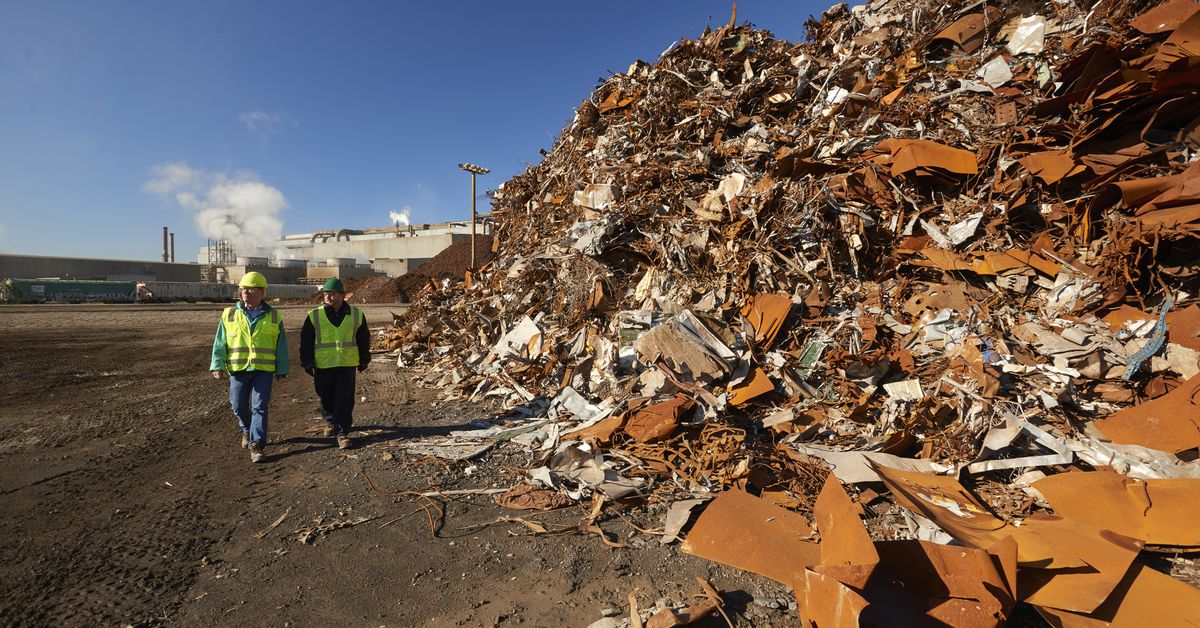The Biden administration has announced $160 million in grants to support projects aimed at measuring the climate impact of new construction materials. This initiative covers a wide range of potential alternatives, including hemp-based products, bamboo, recycled steel, and more.
A Growing Climate Problem
Scientists and startups have proposed various innovative solutions to reduce carbon dioxide emissions from building materials, which have become a significant contributor to greenhouse gas emissions. However, without standardized metrics in place to compare these products, it’s challenging to determine their effectiveness. Moreover, there is also the risk of greenwashing, where companies make sustainability claims that they cannot back up with evidence.
The Need for Standardized Reporting
That’s where the Environmental Protection Agency (EPA) comes in, allocating funding through the 2022 Inflation Reduction Act. The $160 million will primarily go towards helping businesses develop ‘high-quality environmental product declarations’ (EPDs), which estimate a product’s impact over its lifetime. By establishing more standardized reporting, climate-conscious buyers – including the federal government – can compare different products and make informed purchasing decisions.
Creating Markets for Cleaner Materials
According to Sen. Tom Carper (D-DE), ‘This funding will create markets for American manufacturers making cleaner materials and help companies better understand and communicate the environmental impacts of their products.’ The 38 grant recipients, including individual companies, universities, and trade groups representing various industries such as cement, glass, wood, and more, aim to develop more sustainable construction materials.
Grant Recipients
Some notable grant recipients include:
- The Nonprofit Hemp Building Institute: Awarded nearly $6.2 million to develop environmental assessments for materials made from hemp, soy, and other crops. This includes ‘hempcrete’ made from hemp that can replace traditional concrete and insulation.
- Massachusetts Institute of Technology (MIT): Received nearly $1 million to establish an ‘academic hub’ and annual workshops focused on reusing steel.
Construction Materials: A Significant Climate Contributor
Construction materials are responsible for approximately 15% of global greenhouse gas emissions, which is equivalent to seven times more climate pollution than aviation produces each year. The production of concrete and steel is notoriously difficult to eliminate due to the high temperatures required by burning fossil fuels and the chemical reaction that creates additional CO2 in the cement manufacturing process.
The Importance of Reusing Materials
Concrete is the most widely used substance globally after water, making it essential to reuse materials and find alternatives where possible. The EPA’s initiative aims to create a more sustainable construction industry by promoting the use of cleaner materials and reducing greenhouse gas emissions.
By providing funding for grant recipients to develop EPDs, the Biden administration is taking a significant step towards creating a more sustainable construction industry. As climate-conscious buyers continue to demand more environmentally friendly products, it is essential to establish standardized reporting and create markets for American manufacturers making cleaner materials.
